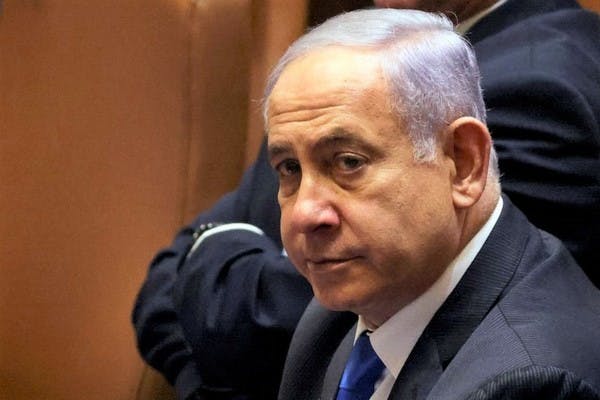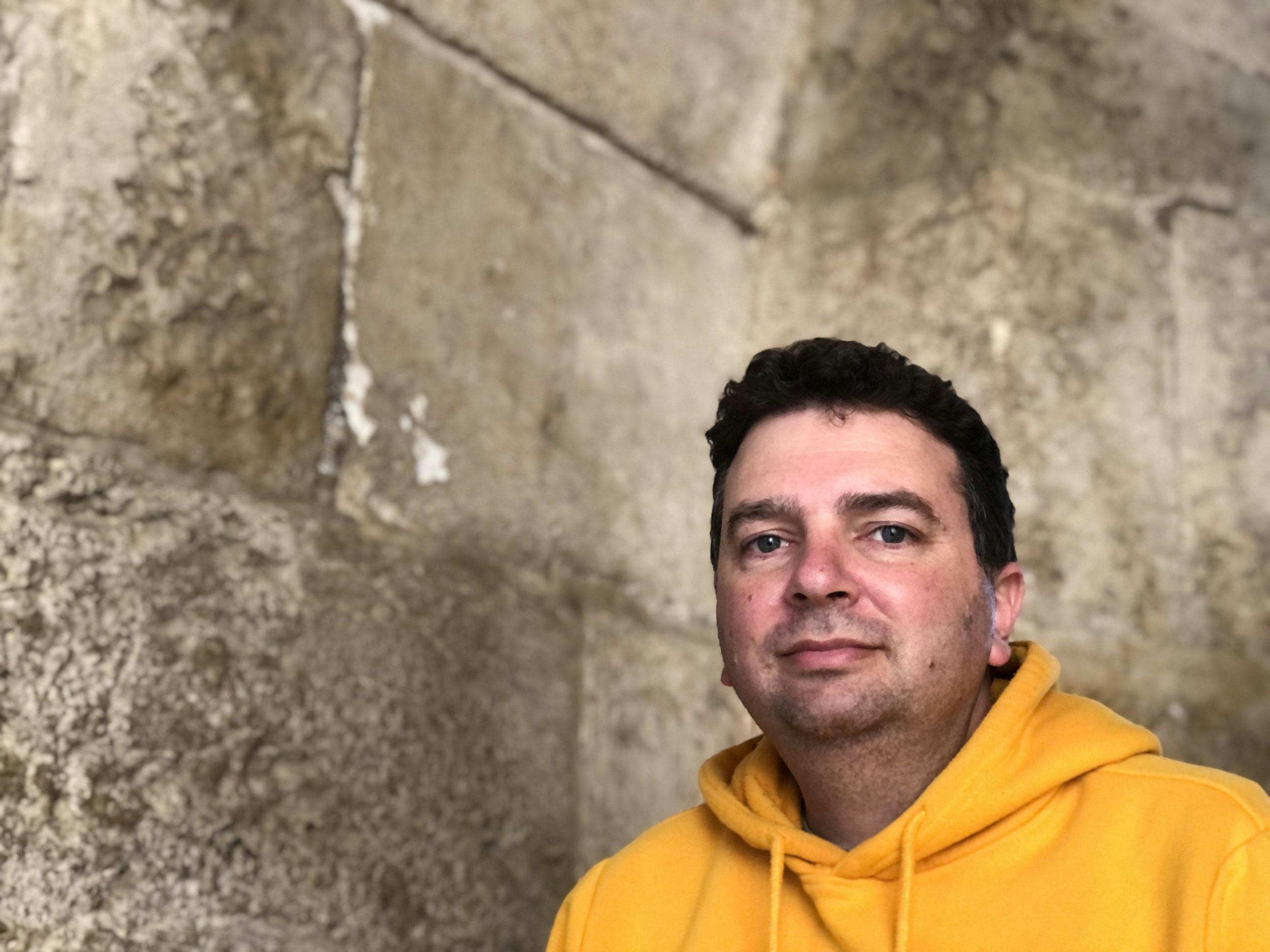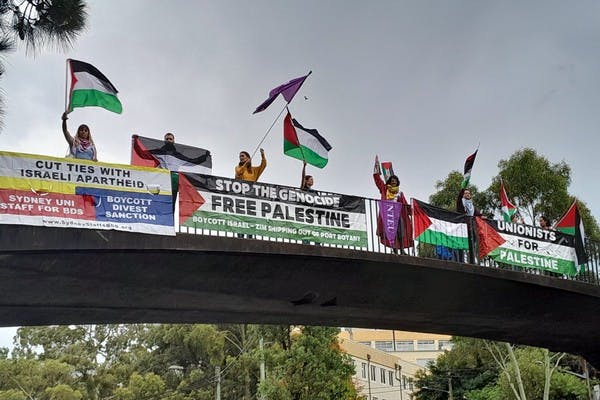Published: 21 April 2023
Last updated: 5 March 2024
SAM STEIN joins a highly political Seder and Iftar meal in the West Bank town of Hebron.
If anyone came to the joint Freedom Seder-Iftar meal in Hebron at the end of Pesach expecting an apolitical co-existence event, they were quickly disillusioned.
In his opening speech, organiser Issa Amro told participants that even in setting up, he had encountered the oppression of the occupation. Due to settler complaints, an Israeli soldier had just ordered him to stop erecting a rain cover for the event. He went ahead with the cover anyway, which was for the best as it was a cold and rainy evening.
About 100 people gathered in the highly-contested West Bank town for the unusual Seder-Iftar, organised by several grassroots organisations: Youth Against Settlements, All That’s Left: Anti-Occupation Collective, and Bnei Avraham.
For the Palestinians who participated, the story of oppression was personal. Amro said he has spent his entire life under Israeli military occupation. “We need to make the occupation costly … it’s the beginning of our movement against apartheid, occupation, racism, and against supremacy,” he said.
For the Jewish participants, the experience was the opposite, a Seder where they were to understand themselves as part of the oppressors, not the victims.



Rabbi Lexie Botzum told the night’s Jewish participants, “It may not be easy to consider, but I urge you all to grapple with the fact that we are not the Israelites in the current reality.”
Rabbi Botzum is a member of All That’s Left, a grassroots collective of diaspora Jews fighting against the occupation through direct action in Israel-Palestine. To her, the Freedom Seder-Iftar dinner is a means to encourage Israelis into more active resistance of the occupation.
She cited the story of Nachshon, who walked into the sea before it had split, bringing about the last miracle of the story of Exodus, and urged all of us to - like Nachshon - be proactive in fighting for justice.
The evening started with Iftar, the nightly Ramadan breaking of the fast. There were certified kosher options and vegan options and participants walked around and mingled while eating their meal of choice.
Following Iftar, the Seder portion of the evening was conducted, using the Freedom Haggadah, published by the democracy movement just before Pesach.
The Haggadah features quotes and poems from Jewish and Palestinian progressive leaders, verses from the Quran, and renditions of portions of the traditional Hagaddah. For example, the answer to the first of the Four Questions, “Why on this night do we eat only matzah?” was changed to, “To remember oppression in the world and all forms of injustice, along with the stories and possibility of liberation (our duty for every generation, to remember)."
The Seder concluded with words from Rabbi Leah Shakdiel, a long-time activist with MachsomWatch. Shakdiel referenced Mimouna, the Moroccan-Jewish holiday occurring the day after Pesach. In many Jewish communities, the day marked a return to enjoying food with their Muslim neighbours; “Mimouna is the day we come together again,” she said.
However, Shakdiel also cautioned that breaking bread together is not enough because Israelis need to acknowledge the inequality of their relationship with Palestinians.
’The situation calls for a reckoning … I have a state. I have an army. Issa doesn’t have a state. He doesn’t have an army. So, we’re not coming to this togetherness from any point of equality, and it needs to be said.”
Roei Kleitman, a member of Bnei Avraham, observed the different orientations of Israelis and Palestinians, even those committed to co-existence. “When I talk to my Israeli friends about peace, they usually think about harmony. And when I talk with my Palestinian friends about peace, they talk about justice,” he said.
Kleitman believes co-existence events like the Seder-Iftar have a very important role to play as in overcoming this discrepancy.
“I understand that at the endpoint I want to fight for justice, but I know that in order to open the hearts of the Israeli Jews … let’s start with people caring about Palestinians and harmony. After we have the empathy, we can start talking about the justice.”
Photo: Participants in the Freedom Seder-Iftar dinner (Sam Stein)




